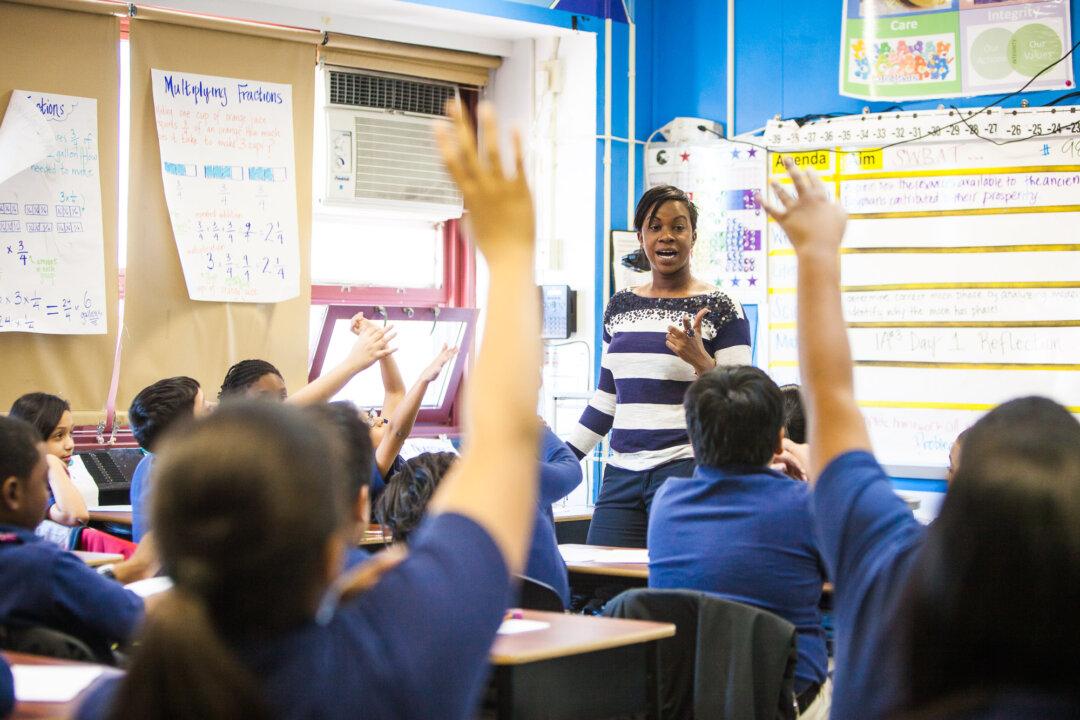Insights provided by a new survey show that public charter school teachers are happier at their jobs than teachers at public district schools.
According to the preview of a national survey, commissioned by the National Alliance for Public Charter Schools and conducted by The Harris Poll from May 10–30, 2023, teachers at public charter schools are more satisfied with their jobs than their counterparts at district public schools.





